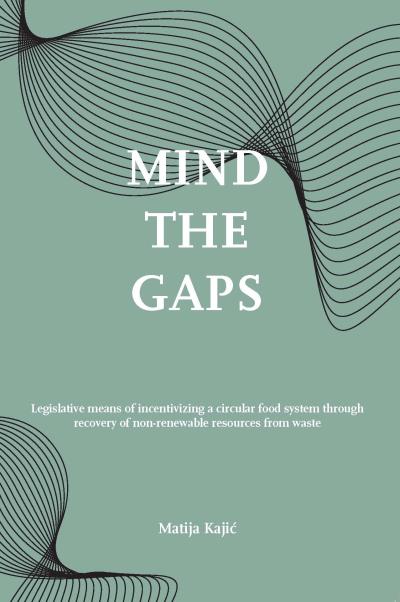Many of the contemporary global environmental problems are rooted in overexploitation of natural resources. This research looks at over-exploitation and a lack of circularity in the context of the agricultural food system. Despite biotechnological methods being available for the recovery of nutrients and organic matter from waste streams, many of these have not yet been applied to their full potential in the EU. The research identifies legislative gaps and analyses how these may be hampering the circular management of valuable organic resources from bio-waste (VFG) and sludge waste in EU legislation and in two EU Member States, the Netherlands and Croatia.
The study first maps legislative and policy gaps and barriers at the EU, national and municipal levels. Second, it identifies which legislative and policy tools are needed to overcome these barriers. The findings indicate a need for: treatment facilities focusing on anaerobic digestion and composting in the short-term; a better balance regarding the quantity of legislation in this field (and its focus); a review of institutional power balance at different stages of the resource lifecycle; and a better balancing of possibly conflicting public interest objectives.

